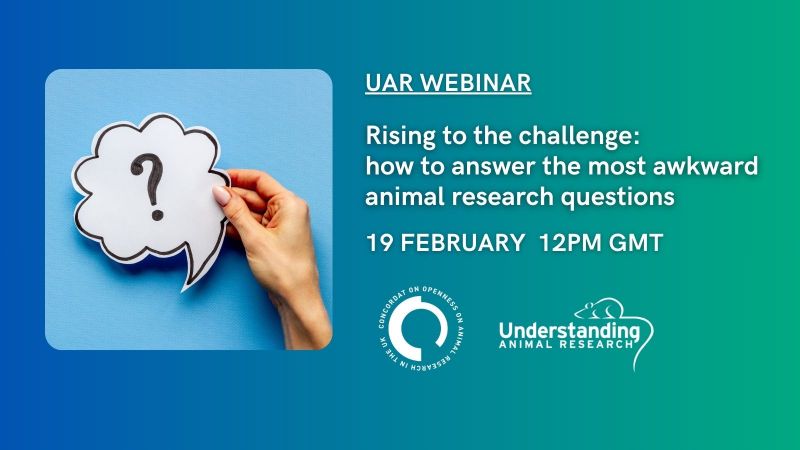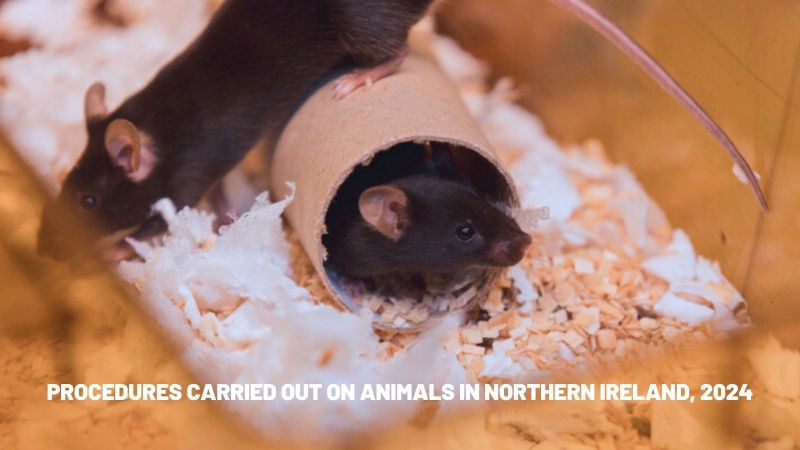Animal research essay resources
Many students, from primary school to university, write assignments that relate to the issue of animal research. This page aims to support this by providing links to useful materials. It is especially useful to any students carrying out the Extended Project Qualification (EPQ) alongside their A-levels or Extended Essay as part of their International Baccalaureate studies. Those students should read the section below.
Beneath each link is a Harvard Reference for the book, webpage or document in question which can be used in the footnotes or endnotes of your project paper. For online resources it is common practice to add the date you accessed the resource in square brackets at the end e.g.
Cressey, D., 2011. Animal Research: Battle Scars. Nature. [online] 23 February. Available at: <http://www.nature.com/news/2011/110223/full/470452a.html> [Accessed: 6 February 2013]
Extended project qualification (EPQ)
Many students carry out their EPQ on the subject of animal research or animal testing. This page aims to help students find resources which are relevant to their project.
It is important for students to discuss their project with their project supervisor as many of the marks are contingent on this process. This page is aimed at helping students with the AO1 (Manage) and AO2 (Use Resources) assessment objectives of their EPQ.
AO1 requires students to identify their topic and the project’s aims and objectives. They must then produce a project plan and complete their work, applying organisational skills and strategies to meet stated objectives. This page aims to help students get a handle on the topic of animal research and provide some inspiration for possible areas of further study.
AO2 requires students to obtain, and select from, a variety of resources, analyse and apply this data in a relevant manner and demonstrate an understanding of appropriate links. This page will provide links to large amounts of relevant information that students can use for their project, however it remains up to students to critically analyse and apply it to their specific project focus.
Click on one of the links below for resources on the specific area of interest surrounding the issue of animal testing:



